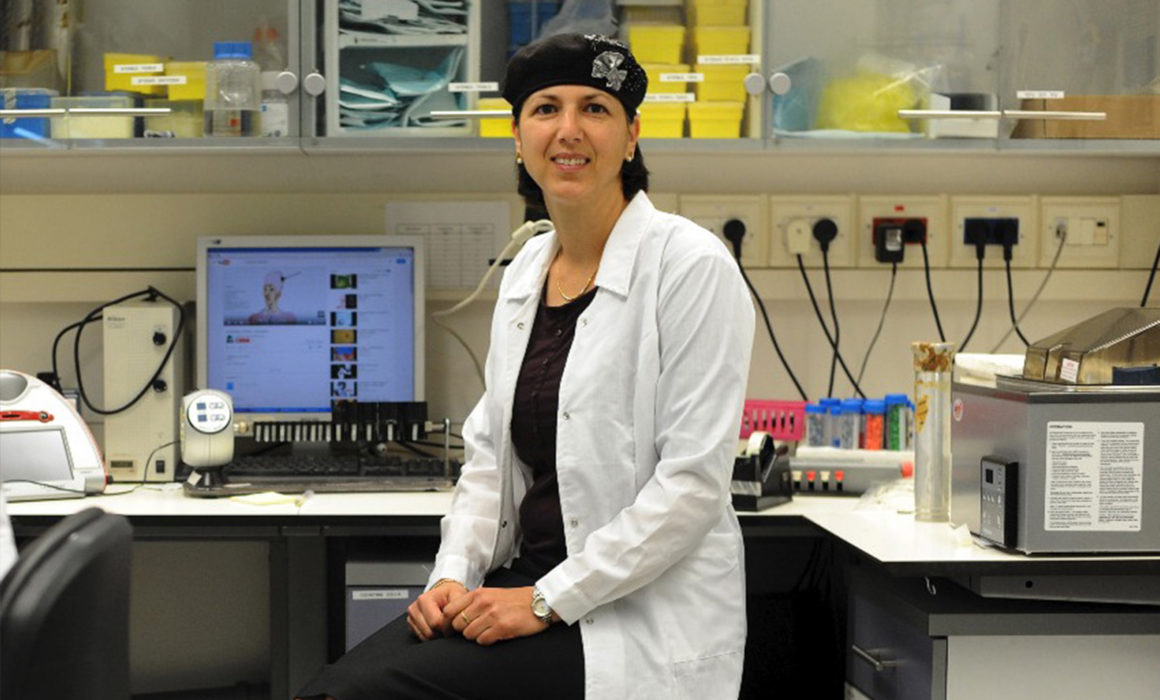Researchers from the Techinon and Aleph Farms have achieved a breakthrough in the production of meat grown outside an animal’s body. In findings published today in Nature Food, soy protein, which is readily available and economically efficient, can be used as scaffolds for growing bovine tissue.
This breakthrough was spearheaded by Professor Shulamit Levenberg, dean of Technion’s Faculty of Biomedical Engineering, and the Stanley and Sylvia Shirvan Chair in Cancer and Life Sciences. The technology was originally intended for medical applications, in particular for tissue engineering for transplants in humans.
Traditionally farmed meat has many drawbacks: Not only does the meat-production industry cause environmental damage due to the intensive use of natural resources, but the increased use of antibiotics also accelerates the growth of drug-resistant bacteria. Additionally, there are many ethical reservations about the suffering of animals during the meat production process.
Aleph Farms is the first company to successfully grow slaughter-free steaks, using original technology developed by Prof. Levenberg and her team. Prof. Levenberg is the company’s founding partner and chief scientist, and the current research was supervised by Dr. Tom Ben-Arye and Dr. Yulia Shandalov.
The cells grow on a scaffold that replaces the extracellular matrix (ECM) found in animals, similar to the way they would grow inside a cow’s body. Because the product is edible, the scaffolding had to be edible as well. Soy protein, an inexpensive byproduct obtained during the production of soy oil, has tiny holes that are suitable for cell adherence, division, and proliferation. It also has larger holes that transmit oxygen and nutrients essential for building muscle tissue.
Soy protein scaffolds can be produced in different sizes or shapes, if necessary. The process takes only three to four weeks. Since it’s grown from beef cells, the resulting product looks and tastes just like its farm-grown equivalent.
In the future, Prof. Levenberg believes it will be possible to use other vegetable proteins to build the scaffolds. However, the soy protein scaffolds are a tremendous first step in proving the feasibility of producing meat from several types of cells on plant-based platforms.


